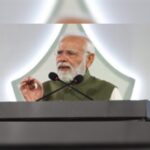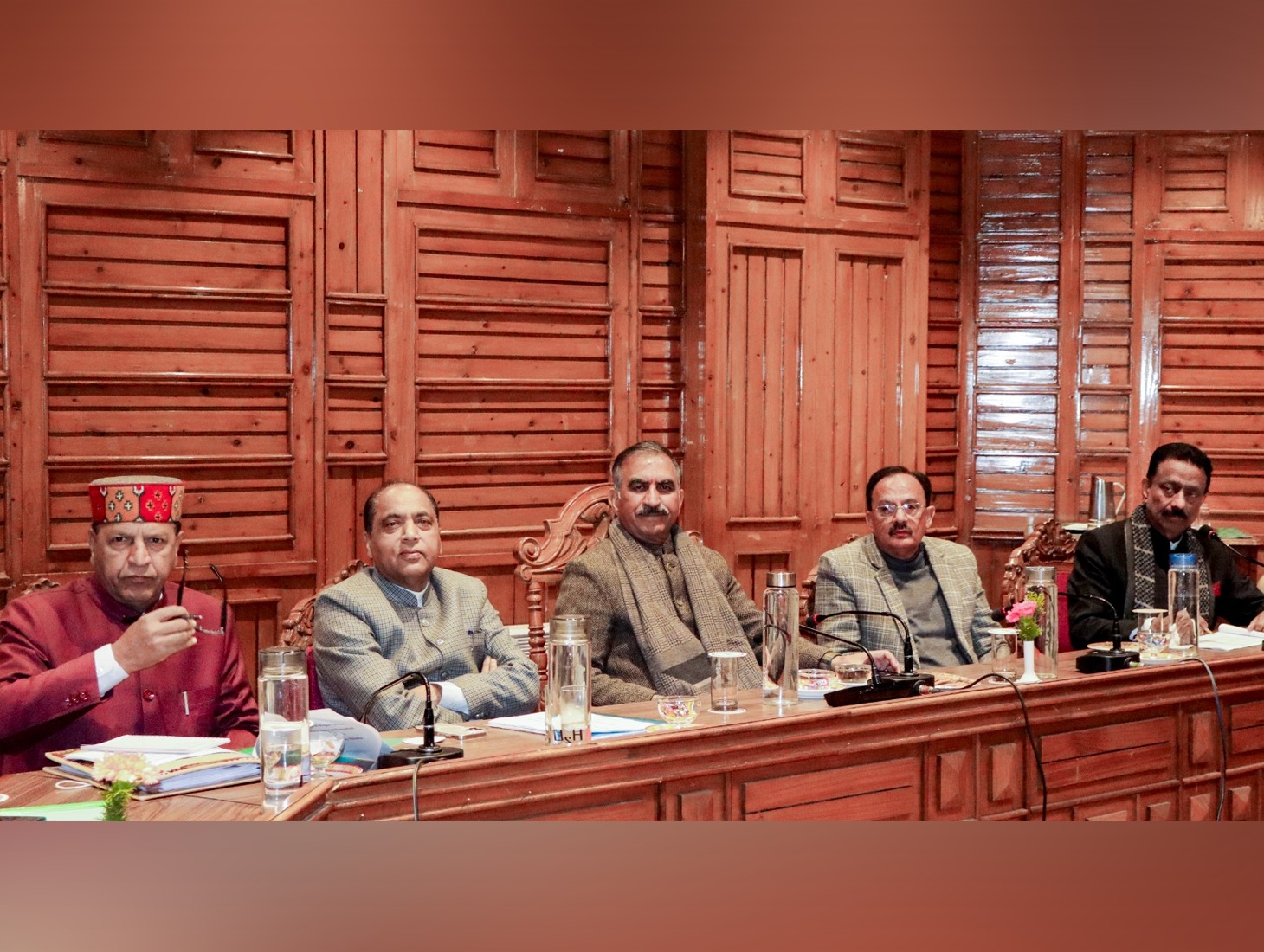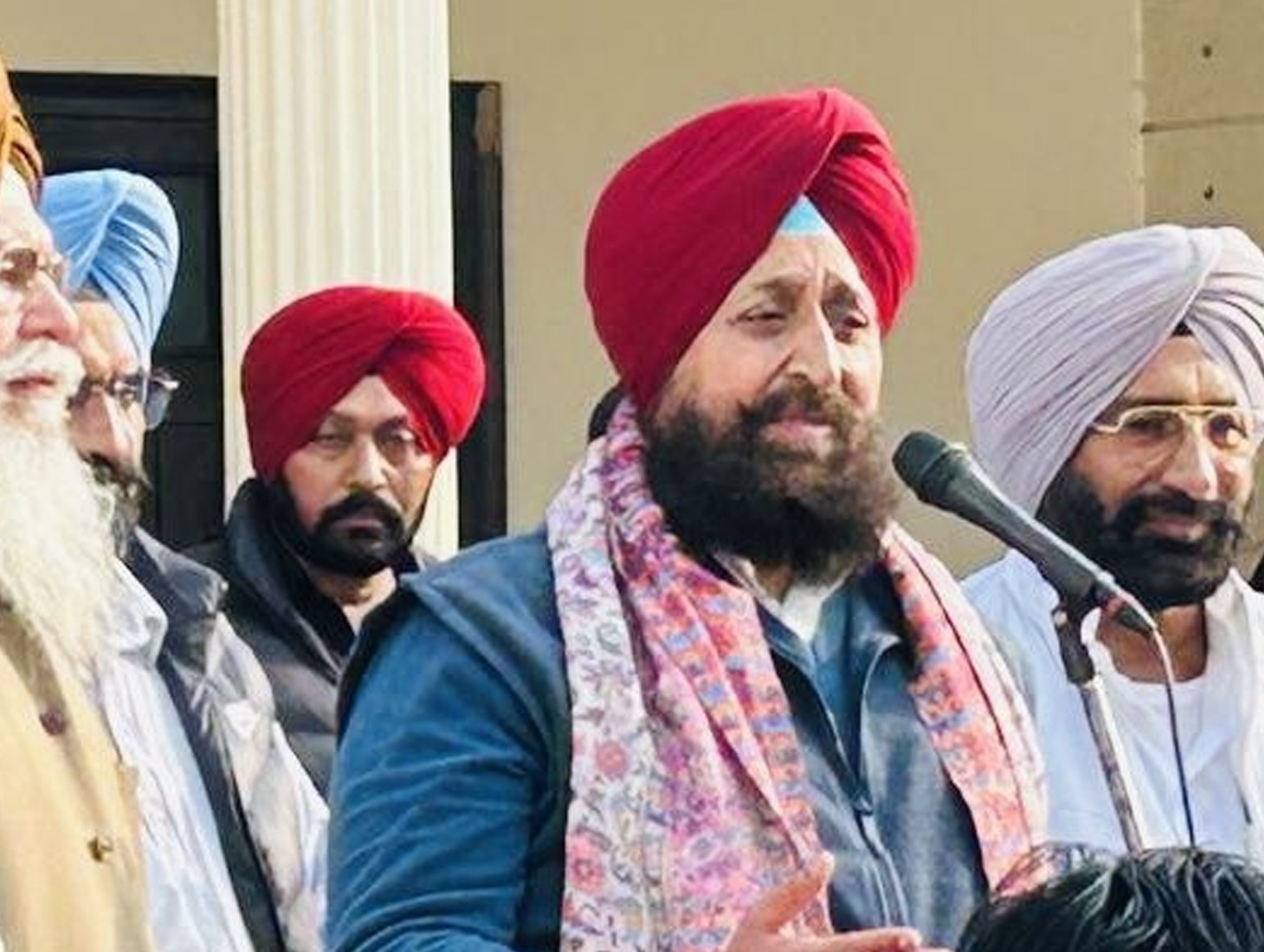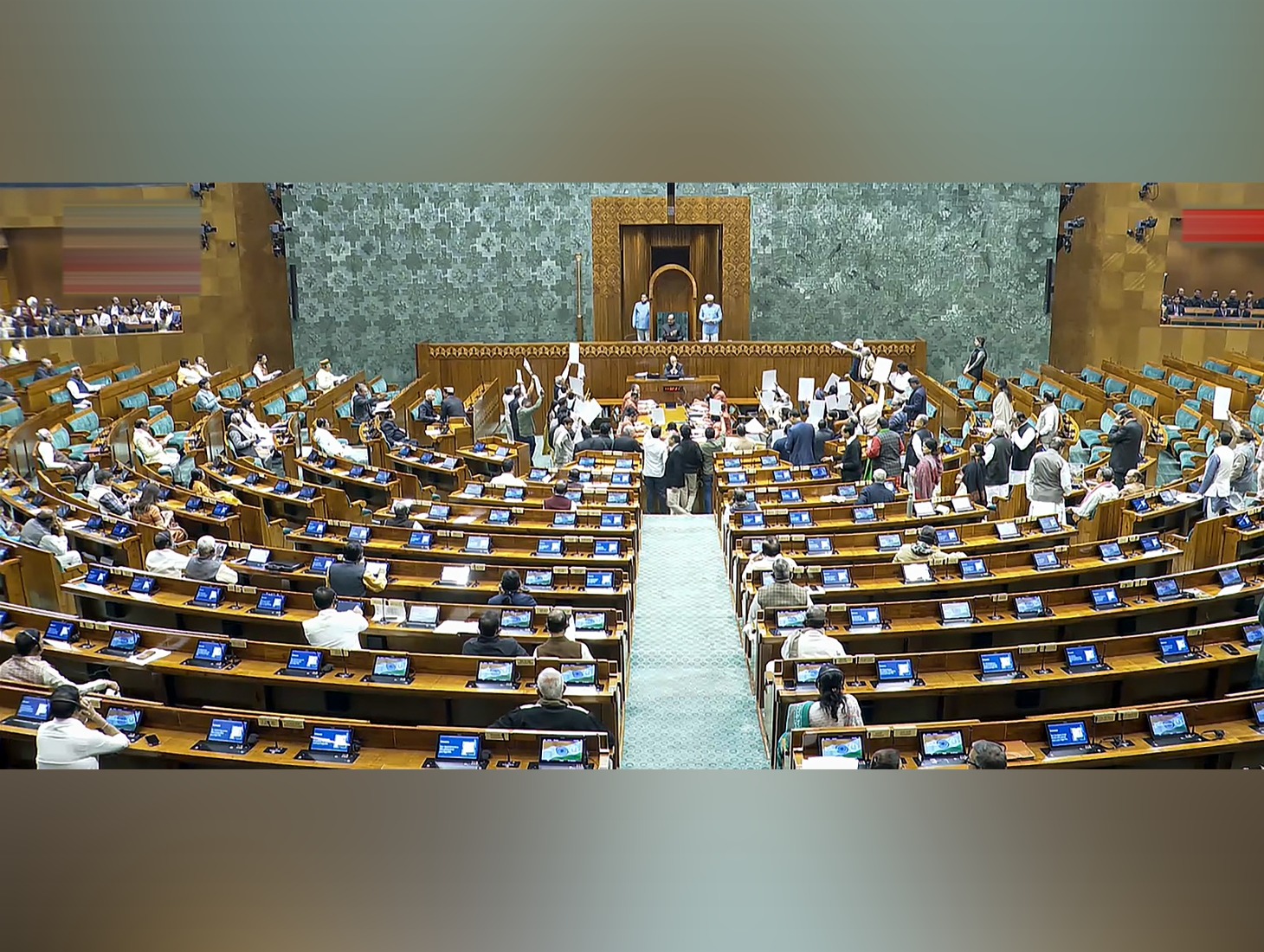The North News
New Delhi, July 23
India has strongly rejected what it described as Pakistan’s “nefarious agenda” at the United Nations Security Council (UNSC), accusing Islamabad of using the platform to deflect attention from its own human rights abuses and ongoing sponsorship of cross-border terrorism. Speaking at a high-level UN forum on peace and international security, India’s Permanent Representative to the UN, Ambassador Parvathaneni Harish, sharpened New Delhi’s position on the matter, calling for states that “violate the spirit of good neighbourliness” by supporting terrorism to face tangible consequences.
“There should be a serious cost imposed on states who foment cross-border terrorism while hiding behind the language of diplomacy,” Harish said, implicitly referencing Pakistan’s repeated interventions at the UN.
His remarks come at a time when the global security landscape is increasingly shaped by non-state actors, many of whom, Harish warned, are backed by state entities and enabled through illicit financial flows, arms trafficking, radicalisation campaigns, and digital propaganda networks. “The nature of conflict has evolved dramatically,” Harish noted. “Today, proxy warfare has replaced conventional confrontation, and terrorist groups often operate with cross-border support and technological ease.”
India’s intervention at the UN also served as a broader critique of the institution’s response mechanisms, with Harish emphasising that the global community must adapt to modern threats. “There can be no one-size-fits-all model for dispute resolution,” he said. “Efforts must reflect evolving contexts and the realities on the ground.”
India also used the platform to underline its long-standing commitment to multilateralism. Harish noted that India, as a founding UN member and the largest cumulative contributor to UN peacekeeping forces, remains deeply invested in the principles of peace, security, and equitable development. India has also emerged as a pioneer in deploying women peacekeepers, an effort Harish described as “a source of pride” and a step toward gender-balanced conflict resolution. He added that India’s peacekeepers have long operated in conflict theatres across continents, earning trust and recognition.
Looking ahead to the 80th anniversary of the United Nations, Harish said the milestone presents a timely opportunity to reflect on the success—and shortcomings—of the multilateral system. “The first four decades post-1945 were defined by decolonisation and Cold War containment. But since the Cold War’s end, we have seen an explosion of asymmetric conflict. Peacekeeping operations have had to adjust, often without the institutional agility needed to manage such shifts,” he said.
India’s statement reinforced its stance as a global actor advocating for UN reform, counter-terrorism cooperation, and institutional accountability. As Harish concluded: “India remains a first responder in regional crises and a firm believer in collective solutions—from disaster resilience to global health and sustainable development.”
















